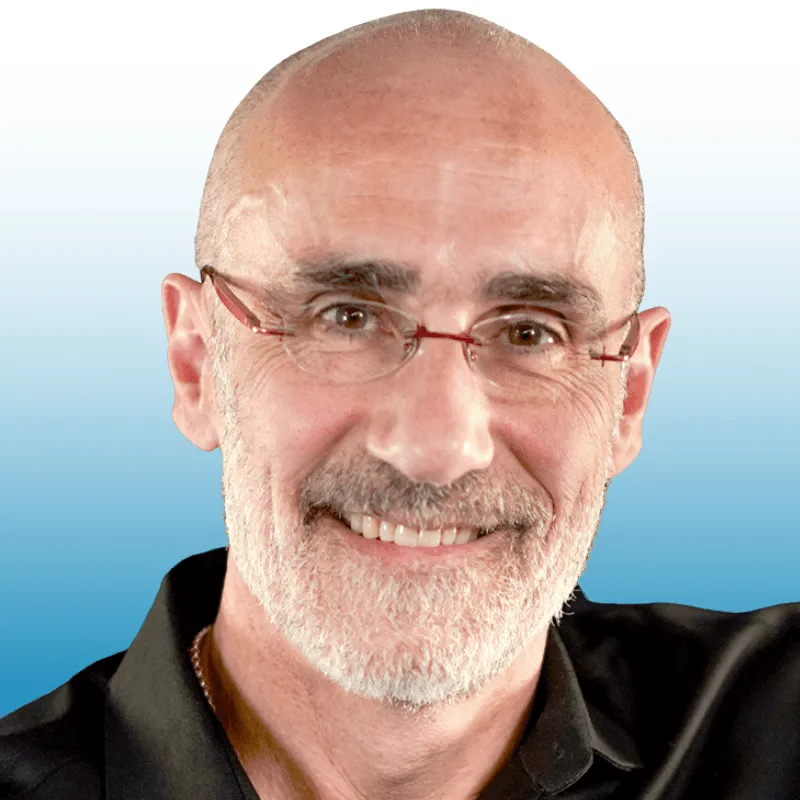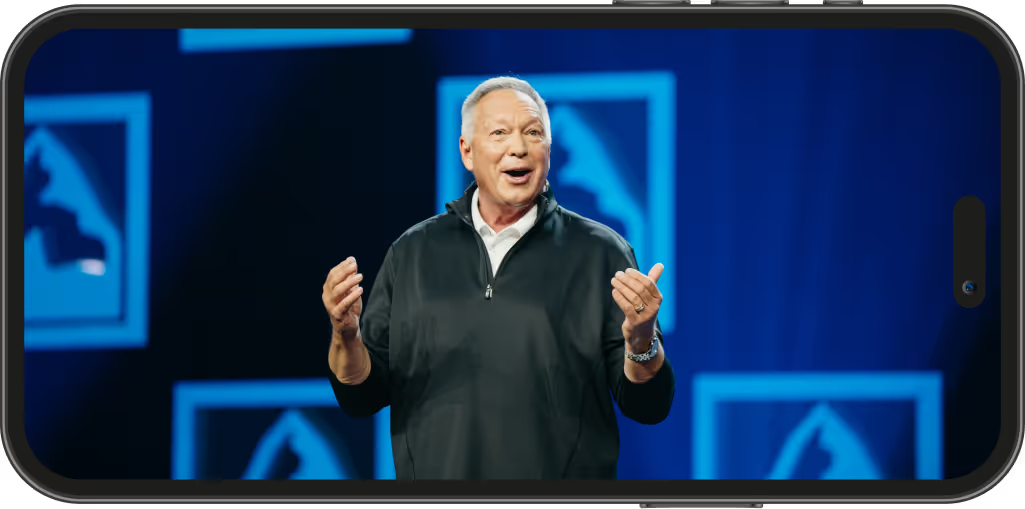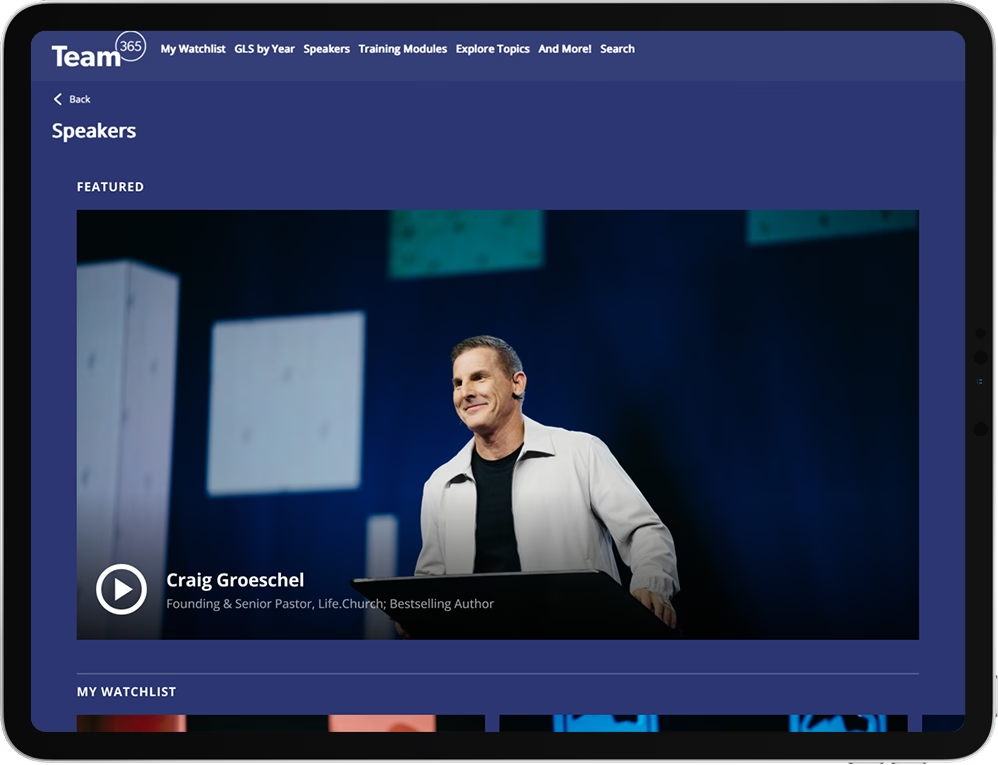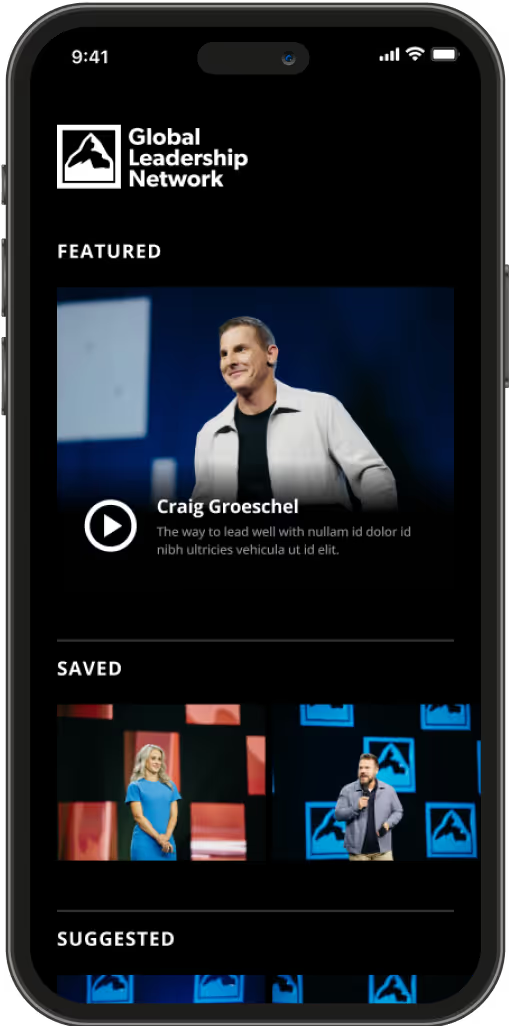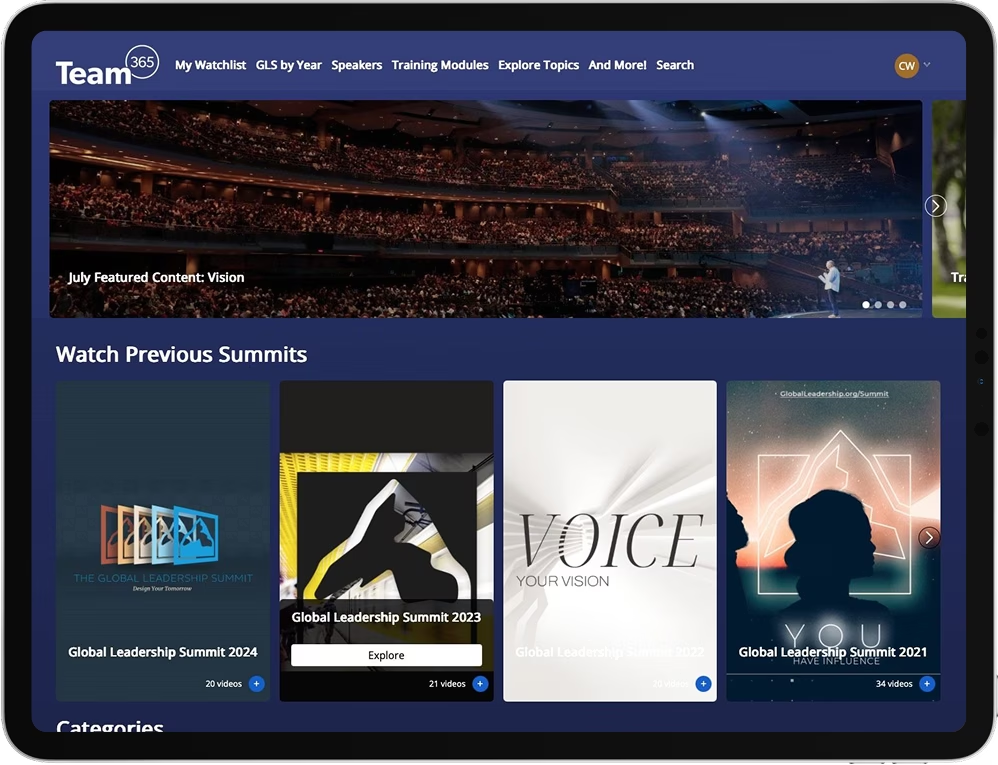Recorded live at last year’s Global Leadership Summit, Erwin Raphael McManus sat down to interview Harvard Business School Professor Arthur C. Brooks. Arthur takes us on a deep dive of science and physiology of happiness and gives us an introduction on how to leverage meta-cognition to start becoming happier people. As Erwin mentions in the interview, Arthur is a firehose of information, and you will definitely want to take notes as you listen in to this conversation.
SUMMARY
Recorded live at last year’s Global Leadership Summit, Erwin Raphael McManus sat down to interview Harvard Business School Professor Arthur C. Brooks. Arthur takes us on a deep dive of science and physiology of happiness and gives us an introduction on how to leverage meta-cognition to start becoming happier people. As Erwin mentions in the interview, Arthur is a firehose of information, and you will definitely want to take notes as you listen in to this conversation.
IN THIS EPISODE
00:00 Introduction.
02:20 The connection between Harvard and “happiness.”
06:00 Which came first: Arthur experiencing happiness or studying happiness?
08:40 What drives Arthur to pursue expertise in the areas of his life?
11:00 How meta-cognition relates to our inner world.
18:00 The relationship between meta-cognition and emotional contagion.
21:00 For people moving towards happiness, what is one of the most important and easily transferable ideas, and what is one of the most difficult?
26:20 How is our view of happiness related to our view of work?
29:30 What Arthur is working on now.
33:30 Comments and Takeaways.
LISTEN
Apple Podcasts | Spotify | YouTube
STANDOUTS AND TAKEAWAYS
- “Discernment” is a structured process that begins in prayer, asking God to guide your path (and really meaning it).
- About half of our natural happiness is genetic.
- There is a three-part formula for becoming a happier person: learn it, practice it and teach it.
- Excellence is its own reward.
- All responsible adults need to know how to manage their emotions so that they are not managed by their emotions.
- Emotions are nothing more than data, telling you that something is a threat or an opportunity.
- There are only four negative emotions: fear, anger, sadness and disgust.
- There are only three positive emotions: joy, interest and surprise.
- There are no bad feelings; you simply want to learn to manage your emotions so that they don’t become maladaptive.
- Your emotions aren’t a switch; they are a dial, and you should learn to control the dial.
- Meta-cognition helps people become less “limbic”: to give them a set of techniques to help move their emotions into their pre-frontal cortex and to give them time and opportunity to reflect on those emotions, decide what they mean, and make conscious decisions that make sense for their lives.
- Journaling and prayer are also forms of meta-cognition.
- Emotions are contagious: the closer you are relationally to somebody, the more likely it is that you will pick up on their emotions and start feeling similarly.
- You can’t simply be “happy;” you will experience negative emotions. However, you can become happier. You can make progress.
- Olympic gold medalists are very likely to suffer a clinical depression in the month following their victory. They were convinced that winning would make them happy.
- Happiness doesn’t come from arriving anywhere; it comes from progress.
- Work, faith, family and friends are all necessary ingredients for a happier life.
- Work was present in the garden before the fall.
- We are wired to enjoy and appreciate complex problems, but the world enjoys giving us complicated solutions to complex problems.
LINKS MENTIONED
- Website: Arthur’s Website
- Book: Build the Life You Want: The Art and Science of Getting Happier (Amazon.com)
- Website: Team365
- Website: Global Leadership Summit 2025
- Website: Global Leadership Network
Related
Ep 193: Reflection and Celebration (with David Ashcraft)
In this episode, GLN VP of Marketing and Communication Whitney Putnam sat down with President and CEO David Ashcraft to get his thoughts on reflection and celebration.
Ep 191: Leadership and Rest with David Ashcraft
We invite you to listen in as GLN President and CEO David Ashcraft shares what he has learned about the importance of rest in a leader’s life.
Ep 189: Jon Acuff on Overcoming Procrastination
What keeps you from accomplishing your goals? Jon Acuff is passionate about answering that question and helping people to become the best versions of themselves.
Leadership That Lasts
Team365 isn’t just a platform. It’s a commitment to grow, lead and live with purpose — every single day. Whether you’re here for content, community or clarity, you’re in the right place. Your leadership matters. Let’s keep going.

